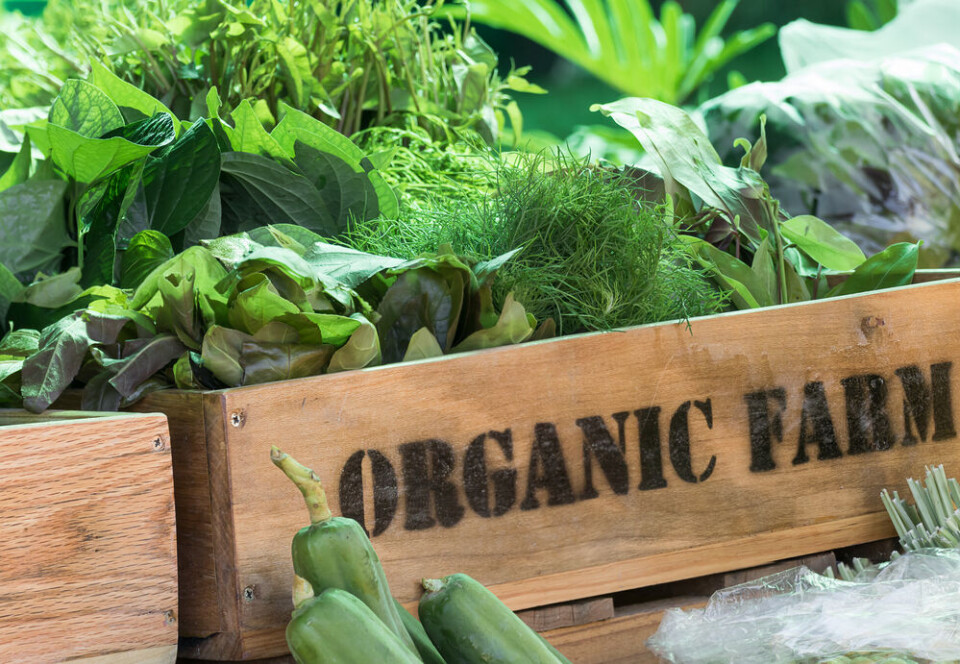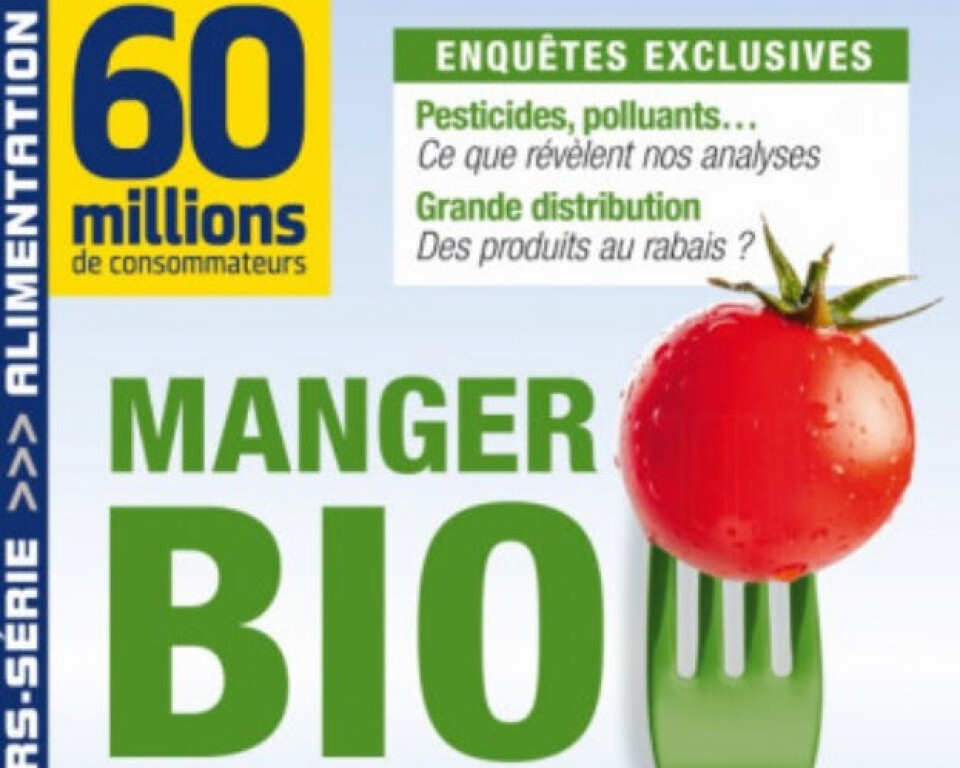-
How France’s new food strategy aims to change the national diet
The plan outlines new goals for meat consumption
-
Why supermarkets are urging shoppers to buy French leeks
Try our French classic leek vinaigrette recipe
-
Rugby vocabulary to know if watching the Six Nations in France
From un tampon to une cathédrale, understand the meaning of key French rugby terms
Organic food in France not always ‘better quality’ study finds
A leading consumer group compared 13 organic foods with their closest non-organic equivalents with surprising results

Not all organic food is of ‘better quality’ than its non-organic equivalents, a study by a leading French consumer group has found.
The consumer magazine 60 Millions de Consommateurs compared 13 organic food products with their closest non-organic equivalents of the same brand. It found that nine were of better quality, but in the other four cases the non-organic versions were of higher quality.
The study analysed the foods based on their listed contents.

(Image: 60millions-mag.com)
Where the non-organic foods won out, it was because they contained a larger quantity of the main ingredient. For example:
- A loaf of non-organic sliced wholemeal bread from the brand Jacquet contained 63% wholemeal flour, versus just 19% in a comparable organic loaf by the brand Jacquet Bio.
- A non-organic cream of vegetable soup from Knorr contained 51.3% vegetables and 46.5% water, compared to 40% vegetables and 55% water for the organic equivalent. The non-organic version also contained slightly more fibre, and less saturated fat.
Sophie Coisne, scientific journalist and coordinator of the series, said: “That was a big surprise, for two soups that are about the same price.”
The nine organic foods that won on quality also largely did so for the same reason - a larger quantity of the main ingredient.
- Organic chocolate mousse from Carrefour Bio contained 23% dark chocolate and fewer additives than the equivalent non-organic version, which contained 5.5% dark chocolate.
Ms Coisne said: “[In the organic mousse] you will find chocolate, then egg, then sugar, then butter. So, a real chocolate mousse. But in the non-organic mousse of the same brand [Carrefour], the first ingredient is milk. The second is cream. And then emulsifiers.”
The comparison of the two types of products also shows “other more subtle tricks”, which are especially notable among pasta, filled ravioli, lasagne, and pizza.
Ms Coisne explained: “[Non-organic ones] have less filling and toppings [because] these are brands that are trying to strongly restrict their prices. And what is expensive in an organic pizza? The toppings.”
Studies show that 73% of people in France consume at least one organic product per month, and 13% do so every day.
In France, there are two ‘official’ organic logos: AB, and Eurofeuille.
Both show that the product has not been treated with synthetic pesticides, nor includes any genetically modified material.
Related stories
Organic farmers in France stage naked protest against aid cuts
Organic produce in France ‘not cheaper’ in supermarkets
What is meant by the 'écoresponsable' label on French fruit?
Cost of fresh fruit up 17% in France, veg up 4%
























